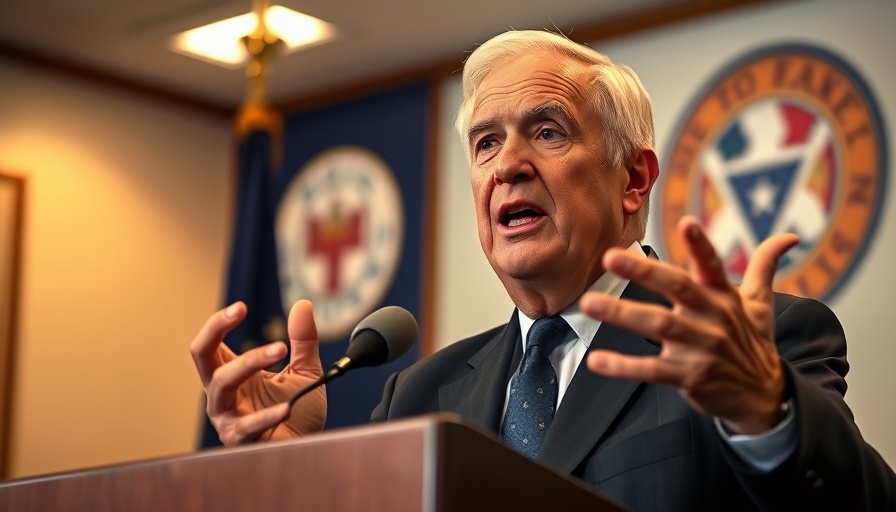
Trump's Slip-Up: A Warning Signal for U.S.-Russia Relations
In an era where global politics is increasingly precarious, President Donald Trump's recent reference to the Russian city of "Leningrad"—the name only officially used until 1991—has struck a chord of concern among experts and analysts. Such historical misinterpretations may seem trivial, yet they carry implications that transcend mere name-calling. Particularly noted after Trump's declaration about his meeting with Russian President Vladimir Putin, expectations are high for the outcomes of this summit, especially concerning the ongoing war in Ukraine.
Echoes from the Past: Caution or Nostalgia?
Trump's use of the term “Leningrad” could suggest a misunderstanding of the current geopolitical realities, reflecting either an alarming nostalgia for a bygone era of communism or a troubling ignorance of contemporary international relations. Alexander Vindman, a former Director of European Affairs for the National Security Council, highlights the need for vigilance, stating, "If this were the 'Manchurian Candidate,' the President would be exposed as a Russian agent." Such comments punctuate how deeply concerned some experts are regarding Trump’s grasp of foreign affairs.
The Wider Context of U.S.-Russia Relations
In recent years, U.S.-Russia relations have been fraught with tension, particularly due to accusations surrounding election interference and territorial disputes. Trump's casual references to Alaska as "part of Russia" and the intentional—and unintentional—misnaming of significant cities can trigger alarm bells concerning potential lapses in national security. This brings to light questions about how leaders engage with each other and the implications of their narratives on broader diplomatic dialogues.
A Summit with Stakes: The Venue Matters
The format and location of global summits often carry symbolic weight. Trump's upcoming meeting with Putin at Joint Base Elmendorf-Richardson raises concerns about transparency and access to information. The possibility of unmonitored interactions between Russian officials and Trump's team has caused unease among experts, mirroring past incidents where crucial dialogues occurred without media scrutiny. The weight of history and international scrutiny complicates this encounter, making participants all the more critical to watch.
Understanding Public Sentiment and Media Narratives
Public perception can be swayed not only by actions and statements but also by historical context. The media plays a pivotal role in shaping public opinion about diplomatic engagements. Trump's elaboration that he could secure Leningrad (St. Petersburg) in negotiations suggests a misunderstanding that highlights a broader issue concerning how historic narratives influence present-day diplomacy.
A Things to Watch: Future Implications of Trump's Comments
As the world watches, the implications of a U.S. president mistaking historical facts for contemporary dialogue signal potential risk factors in diplomatic relations. Experts urge for cautious engagement, advocating for clarity and awareness in international discourse to prevent future miscommunications. Knowing how leaders discuss and interpret history is more important than merely addressing the present.
This slip-up serves as a reminder that history, however distant, continues to shape the present. For Civil Rights and Immigration Attorneys—and indeed all engaged citizens—understanding these dynamics is pivotal. Consistent lobbying for clear and honest discourse among leaders can promote better relationships and more effective advocacy for policy changes that impact various communities.
 Add Row
Add Row  Add
Add 




Write A Comment